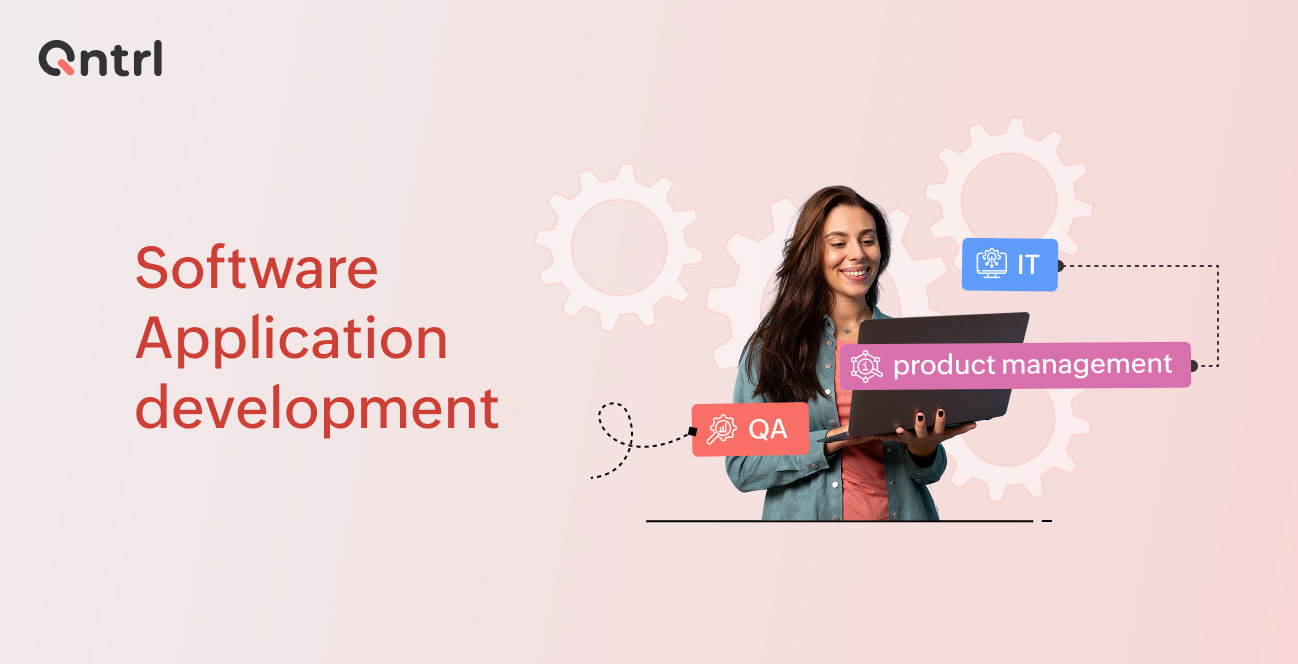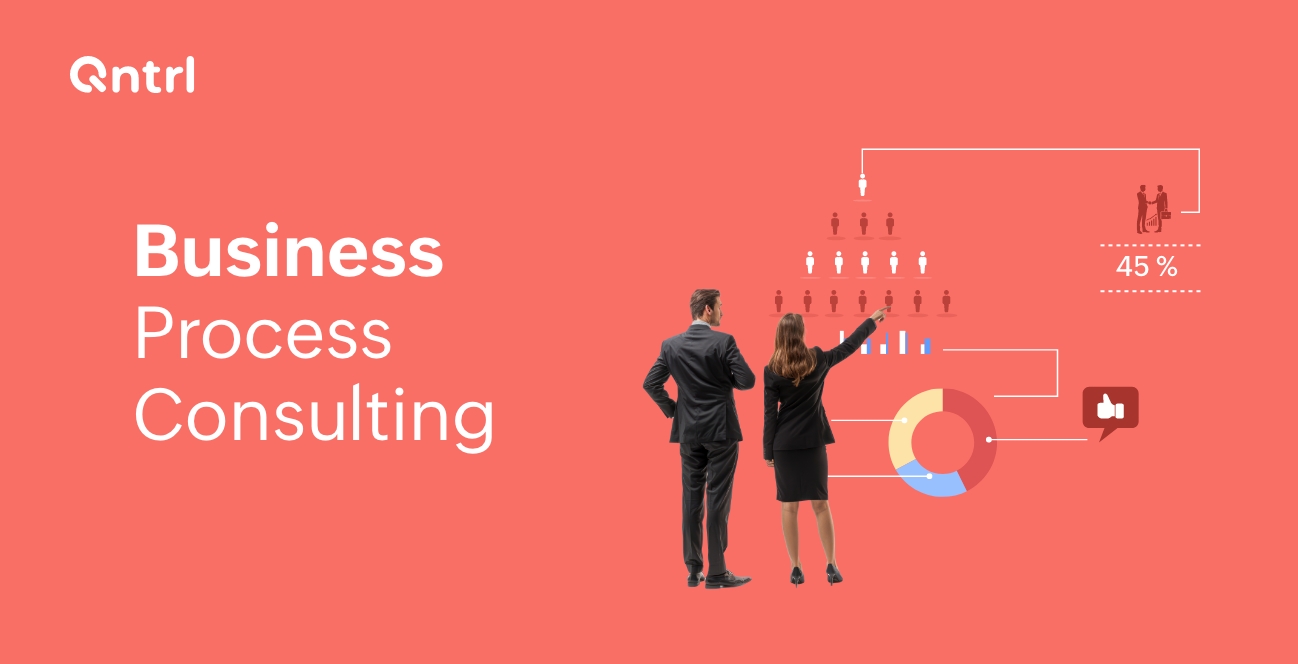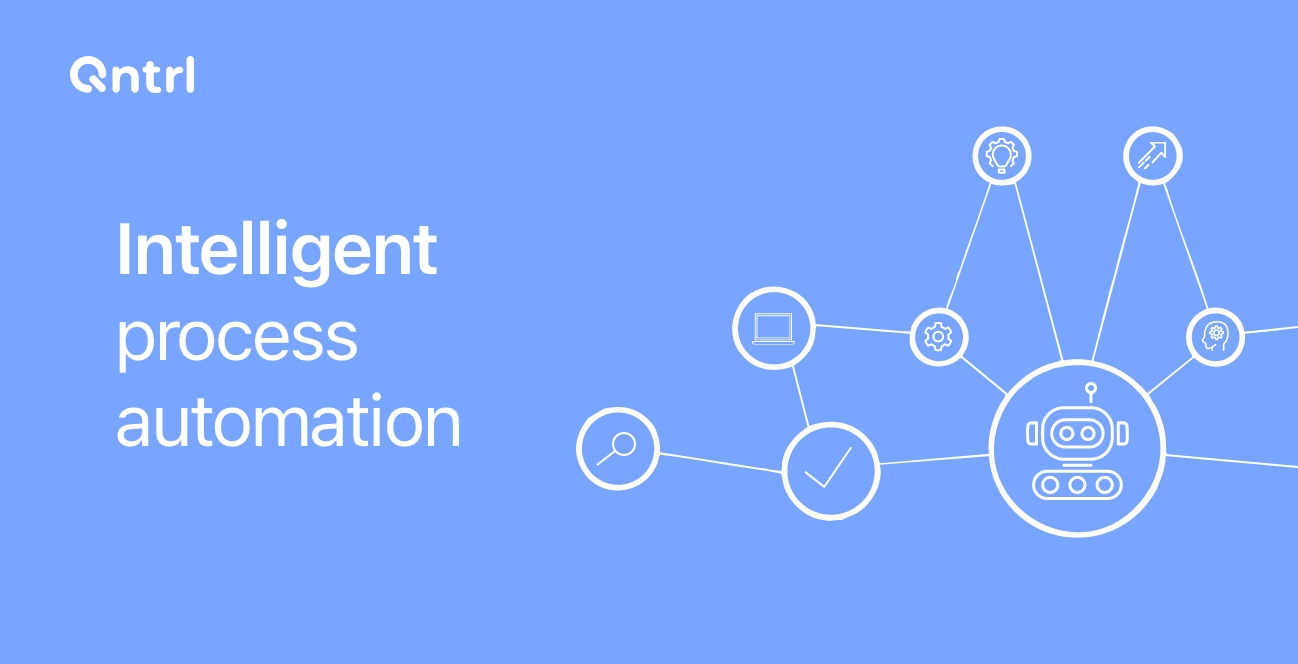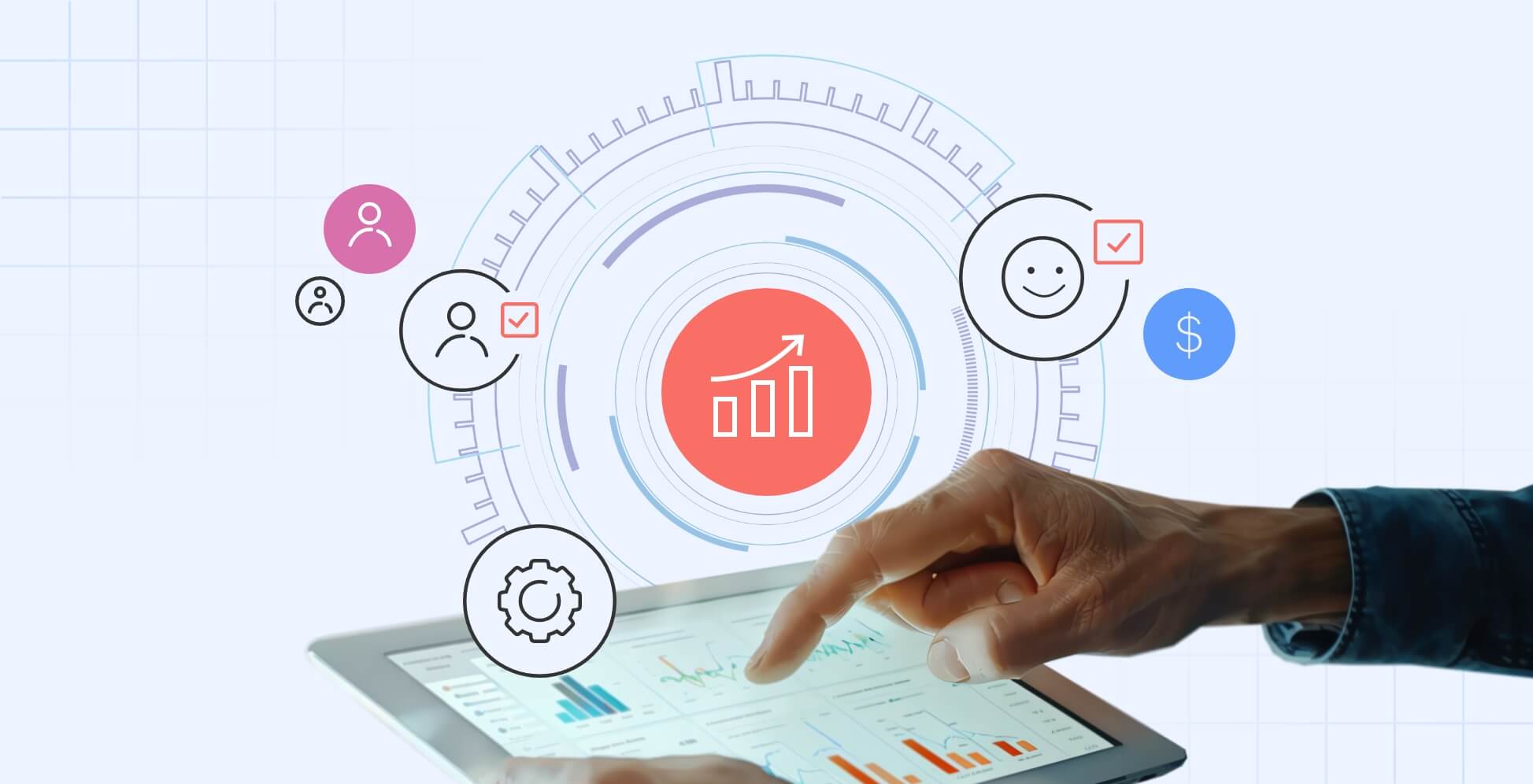There's no shortage of distractions in a corporate environment or home office—notifications on your cell phone, new emails in your inbox, chat windows that demand your attention, and much more. How many times have you started a task and had a distraction that completely derailed your concentration?
All of this harms day-to-day work, even affecting the quality of deliveries. To achieve the best results and increase productivity, you need to find ways to better focus on daily tasks, manage time, and seek strategies to avoid unnecessary interruptions.
Want to know how? Read this article on the importance of staying focused at work, as well as 10 tips to get the attention you need to perform your tasks in the best way possible. Check it out!
Why is it important to focus at work?
In general terms, focus is the personal ability to concentrate on a single task or activity, channeling all your attention towards this purpose. TheA lack of focus can leave people overwhelmed, forcing them to carry out several tasks at the same time or pushing them to procrastinate and postpone what needs to be done.
Several factors can influence this, such as emotional causes (fear of making mistakes and anxiety, for example), physical causes (poor sleep or nutrient-poor diets), and external reasons (such as excessive meetings, cell phone notifications, and other common distractions in the work environment).
But by focusing on a single activity and completing it within the stipulated deadline, you can optimize your performance and efficiency—which impacts the delivery of better results and, consequently, brings positive effects to your professional journey.
There's no shortage of advantages for people who can focus on their tasks, including:
- Quality of work: With focus, you can perform tasks more accurately, thus reducing the likelihood of errors.
- Completing more tasks: With better concentration, it's possible to complete more tasks in less time, increasing productivity in the corporate environment.
- Consistent deliveries: With focus, you complete activities more consistently, developing more confidence in your abilities.
- Efficiency in the use of time: Concentration on tasks reduces the time spent on unproductive activities and distractions, allowing you to use your work hours effectively and focus your energy on more important work.
- Stress reduction: Having focus when working helps you avoid the feeling of always being overwhelmed with things to do, giving you greater control over your responsibilities and reducing stress.
5 steps to help you stay focused at work
To enjoy all these benefits, here are 5 essential steps that can improve your ability to concentrate better at work:
Step 1 - Identify distractions
The first step is to recognize what distracts you at work. This ranges from constant cell phone use and conversations with colleagues to long coffee breaks and social media, for example. How about starting by making a list of what really takes your attention and then looking for suggestions on how to improve?
Step 2 - Create a calm work environment
It's always a good idea to organize your workspace and set a productive routine, whether at home or in the office. You can also minimize distractions by using headphones—so you don't hear outside noise—and turning off frequent notifications from your electronic devices.
Step 3 - Set concrete goals
Before starting work, list your priorities and don't forget to set goals and clear objectives to be met over a certain period of time. Keep in mind everything that needs to be done and what the most important activities are, and focus on the tasks that most impact your end goal.
Step 4 - Don't give up technology
No, we're not talking about your smartphone, but tools like Qntrl, which automate repetitive tasks, map processes, and organize a workflow so that you can focus on the quality of deliveries.
Step 5 - Use time management techniques
In addition to personal discipline, time management also helps a lot to stay focused on work and increase productivity. Techniques like Pomodoro, where you work for set periods with intense concentration and take short breaks to rest, or the Eisenhower Matrix, which sorts tasks by urgency and importance, can help structure your workday.
10 tips to avoid distractions and stay focused on work
From prioritizing tasks to taking regular breaks to rest and recover your energy, these 10 practical tips will help you concentrate better and do quality work:
1 - Plan in advance
You can do this planning every day or at the beginning of the week, writing down the most important things you need to do, always keeping in mind the goals you want to achieve. There's no magic formula here: Make a plan in advance that works best for you to stay focused.
2 - Determine delivery deadlines
Create a schedule with a sense of urgency for your to-do list, based on the deadlines for each task. This makes it easier to concentrate and avoid procrastination. Furthermore, with predetermined dates for resolving demands, you aren't tied to details that often make no difference to final delivery.
3 - Establish limits and expectations
Don't be afraid to let leadership or coworkers know when you have a big project to finish or are in the middle of an important task. To be focused, you don't need to be always available to respond to every request.
Also, be realistic about assignments and what you can commit to, so you don't burn out.
4 - Focus on one task at a time
Don’t try to do everything at once: Focus on one task at a time to improve the quality of your work and maintain a constant pace.
5 - Disable notifications
Use your phone's settings to disable unnecessary notifications that make you lose focus—or just leave your cell phone on silent while you're working.
To see if someone has tried to contact you, make a habit of checking your phone now and then. The same goes for personal emails, chats, and messaging apps on your cell phone.
6 - Write down your ideas
Sometimes you're in the middle of an important task, and you have an amazing idea related to another project. Stop for a few minutes, write it down, and go back to what you were doing, so you don't get overwhelmed with new thoughts and lose focus. Set the note aside, finish what you started, and refer to the idea later.
7 - Make meetings more productive
It becomes difficult to concentrate when you participate in meetings without well-defined objectives or scope. List and schedule the week's meetings in your planner, so you know how much time you will have for each. This makes it easier to organize and helps the meeting be more productive.
8 - Avoid worrying
Try not to worry about external problems while you do your work. We know that it's not easy and can generate more anxiety, undermining your concentration and productivity. When you're working, keep your body and mind focused on your activities.
9 - Disconnect from work at the end of the day
To stay focused, it's essential to have your professional and personal life in balance. Have a hobby, occupy your mind with other thoughts, and spend more time with your friends and family. Remember: The place to work is at work.
10 - Keep healthy habits
Each person has their own habits away from work, but maintaining a healthy lifestyle—with a good night's sleep, physical exercise, and a balanced diet—helps you have more energy to stay active and focused.
Maintaining focus is a constant exercise, which can be improved with time and a lot of practice. The secret is to discover the strategy that works for you and your routine and make the necessary adjustments to concentrate and be even more productive.








